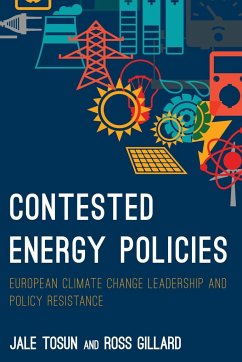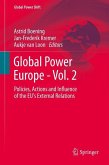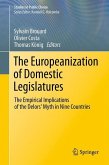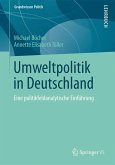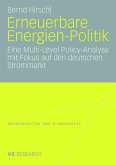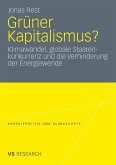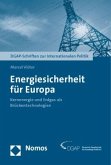Energy policy is high on the agenda for the European Union, as it seeks to address issues around security of supply, markets, rural development, and carbon emissions simultaneously. In pursuit of these goals many of its policies have been debated and rejected by member states and their publics. This book draws attention to the public and political contestation of these policies and advances a theoretical framework for understanding their role in the EU energy policy-making process. Drawing on literature from comparative politics and policy studies, the book explores the ways in which the EU proposes and adopts particular energy policies, situating the analysis within the EU's multi-level polity and wider discussions about a 'democratic deficit'. It presents four topical case studies of energy policies, using narrative analysis to compare their contestation in different member states. In addition, theories of policy feedback are applied to examine how the EU entraps itself in policy decisions, becoming incapable of making changes even when they are politically expedient, largely due to its aspirations to be a global leader in climate change politics. Building on this detailed empirical analysis, Tosun and Gillard conclude the book by elaborating a new model to formulate falsifiable hypotheses about the pressing issues of energy politics and policy, inviting future researchers to empirically test them. This work will be of particular interest to scholars, policymakers and stakeholders involved in all aspects of energy policy in the EU. More broadly, political science researchers and students will find its theory building and generalizable conclusions to be insightful.

